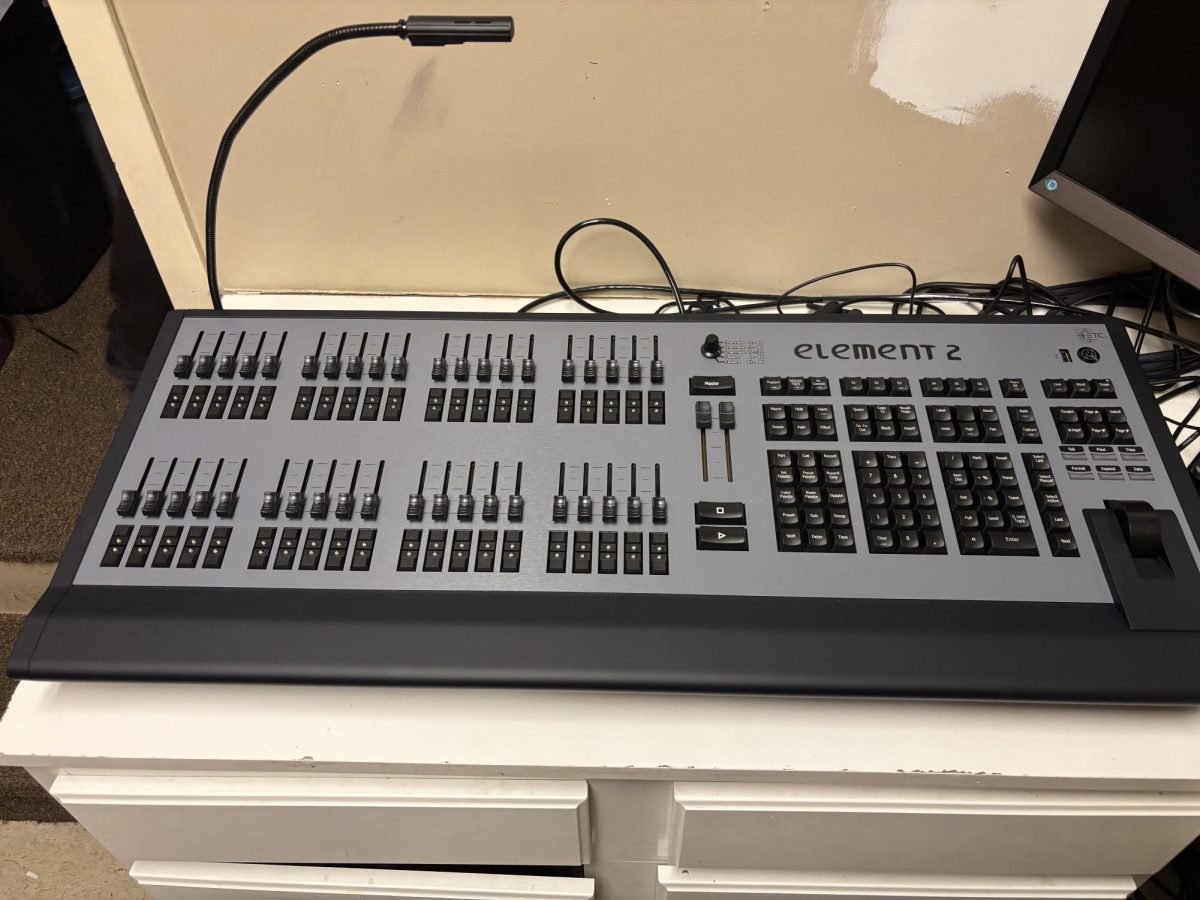A Chip Off the Old Block : An Editorial about the Block Schedule
January 22, 2016
As all Manitou students and families should be aware, we follow a four-block schedule at the high school. There are differing opinions on whether the 7-period schedule would be better for the students and teachers as a whole. The block schedule splits up the school year into two semesters, where core classes only last for one semester. This causes each class to generally last an hour and a half. The 7-period schedule carries out the same classes for the entire school year, and each class has a shorter work time of nearly an hour.
As someone who prefers the block schedule, I feel as if there is more freedom of choice in our current schedule. Since you don’t take one class consistently for an entire year, it is not likely for a student to become bored of a class. There is more room to take personally interesting classes. For example, there is an option to switch wood shop with psychology for alternating semesters. Most students prefer having the option of switching up their classes. They’ve commonly stated that classes tend to drag and become less intersesting as the year goes on. It’s important for students to continue to be interested in exploring their academic interests, as it provides a step toward their future careers.
Arguably, the 7-period schedule does give teachers an extended amount of time to get their information across to their class. This also cuts back a few hours of homework for students, since they are allowed more time to complete it. However, since the block schedule provides more class time, there is usually time to ask your teacher questions or get a head start on homework, which is the opposite with the 7-period schedule. Also, within the 7-period schedule, every required core class has to be taken at once. Personally, I find this overwhelming because there seems to be too much information that you need to remember for each and every class. Even though you get more homework and study time, there’s more of it to do from each subject. It’s difficult to focus on multiple topics for 8+ hours a day. The block classes may be longer, but at least you’re focusing on the same subject and recieveing more time over not enough time.
Included in the block schedule is an extra class, because there are 8 classes per school year provided instead of 7. This leaves room in the school year for failed classes to be retaken. In the 7-period days, students can easily fall behind because of a need for retakes and the limited time to do so. Also, since there are 8 classes, it’s easier for students to earn more credits, and maybe a few extra for an impressive profile. Just a simple schedule plan can support a student’s future college application.
Students also prove to be more proficient in science classes during the block schedule. As science careers are becoming more and more of a needed field, it is important for students to excel in the subject. However, a majority of mathematics teachers would argue that their classes have double the work per day. This is completely true, but as stated before, the students have more time to ask questions. The block schedule generally balances itself out when it comes to work and review.
Overall, both schedules have their strong suits. The 7-period schedule has more time, while the block schedule has more options. From the majority of statements by students, they feel as if they have more control over their current schedules, and are content with keeping the block schedule as is.


















































